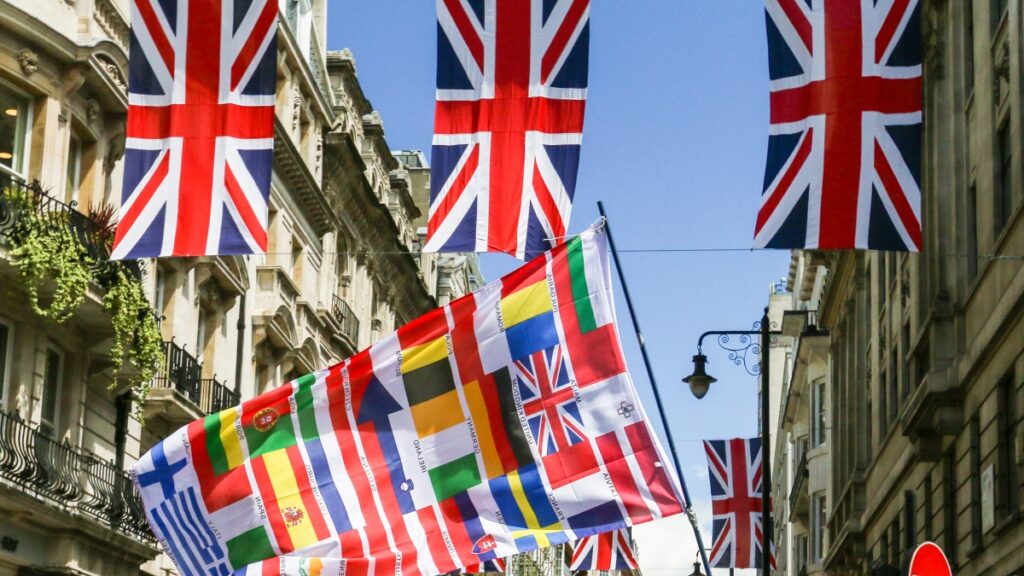The most important constitutional case of a generation began somewhat inauspiciously this Summer when a Spanish hairdresser, Dier Dos Santos, issued an urgent claim seeking judicial review of the decision the Government had then yet to make about precisely how to exit the EU at the unglamorous counter of London’s Administrative Court.
It also came as something as a surprise to the Government because there had been none of the normal correspondence back and forth between solicitors beforehand. Yet the courts took the claim seriously and listed it for an urgent directions hearing on 19 July before the Queens Bench Division’s President.
By the time of that hearing, the Government had pinned its legal colours to the mast – there would be no Act of Parliament to authorise Brexit – instead the new Prime Minister planned to use the rusty toolbox of medieval powers known as the Royal Prerogative to give effect to the EU Referendum result.
Meanwhile, two other legal claims were threatened – one by city firm Mishcon de Reya, acting for an unidentified group of wealthy clients, another by Bindmans, whose work was funded rather differently through a CrowdJustice campaign co-ordinated by Jolyon Maugham QC.
Both sets of lawyers – and several others – were invited along to court to explain their intentions at the De Santos directions hearing. It emerged that the Mishcons claim was to be courageously headed by investment manager Gina Miller. Her claim was also designated as the lead case, though the Court was told, and accepted, that others besides needed to be heard.
After considering the Government’s response to the letter sent on their behalf, the Bindmans client group decided to actively participate in the litigation – something which the Court had anticipated by making special directions for them to be ‘interested parties’ and so entitled to be heard as of right.
But what can a small group of concerned citizens add to a case where the UK’s biggest constitutional law gun – Lord Pannick QC – has already been commissioned and pointed towards the Government by Ms Miller?
There are three answers.
First, involvement of ordinary British Citizens from around the UK and abroad in this extraordinary case will add a critical democratic ingredient. The Bindmans group is headed by Grahame Pigney, a British citizen living in France, who ran the Say Yes 2 Europe grassroots campaign against Brexit, his son Rob Pigney, 52, Paul Cartwright, 50, a Gibraltarian national who runs Brex-IN, Christopher Formaggia, 49, who lives in Wales, and Tahmid Chowdhury, 21, a London student.
None are wealthy or in the public eye. None answer to shareholders or directors. What unites them is a concern about a profoundly undemocratic decisions being made by the Prime Minister alone as to whether, how and when Britain leaves the EU and what becomes of the EU rights they and others currently hold. They say that, in representative democracy, these are matters for Parliament alone, not the Executive.
Secondly, the reason why they say that is important. The group believe that, although EU rights originate in the EU, they have been given to ordinary British Citizens like them as part of a citizenship package by the UK Parliament and so only Parliament can strip away these rights, especially in circumstances where the UK is a union of different states and has a sovereign relationship with other territories such as Gibraltar.
This freestanding argument needs to be put to the court because it affects each and every one of Britain’s 65 million citizens.
Thirdly, the group is deeply committed to transparency – and it matter more in this case than almost any other. All have publicly campaigned to promote the benefits of EU rights, but none have benefited financially from doing so. All have agreed to being identified as involved in the case, despite the criticism they are likely to face. The funding for their case will be publicly raised direct from the public through the CrowdJustice site. Their lawyers will not become rich from the case, not least because they are working at rates lower than those of the government team. And most importantly, the group will be completely transparent about the legal arguments it is putting to the court for example by publishing their lawyers’ written submissions, and they will press for others, particularly the government, to reciprocate. This is a case which affects every member of the public. Those who are interested should be able to see, and understand, debate, applaud or disagree with those arguments.
For these things to happen though, the case needs to be funded through those public contributions. Those who are interested in making one can visit the group’s fundraising page below.
article 50, brexit, crowdfunding, government challen, article 50, brexit, crowdfunding, government challen, article 50, brexit, crowdfunding, government challen, article 50, brexit, crowdfunding, government chall

